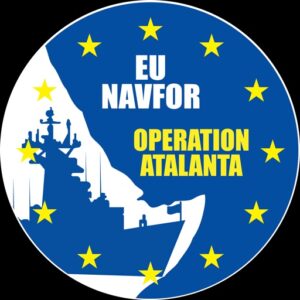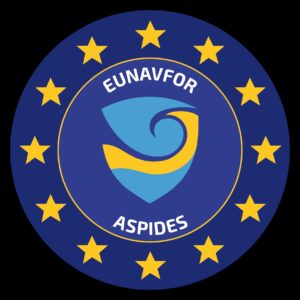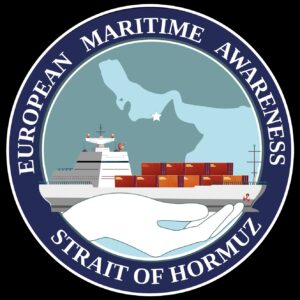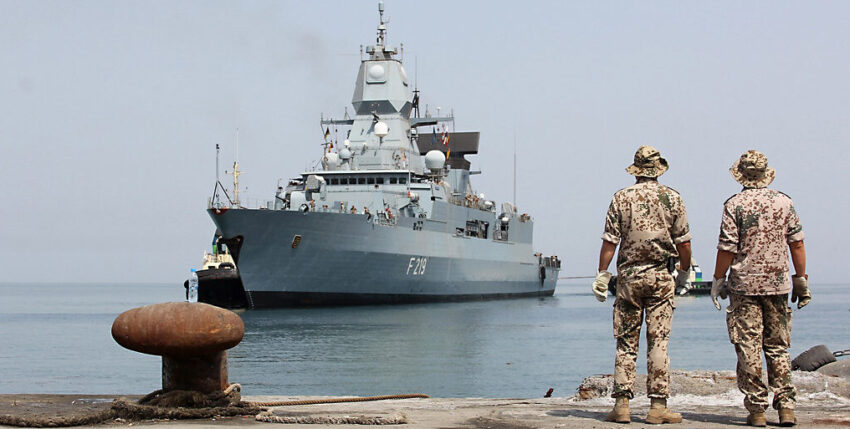By decision of 4 April 2024, the EU amended the mandate of EUNAVFOR Operation ATALANTA in order to create better conditions for EUNAVFOR Operation ASPIDES to safeguard freedom of navigation in the Red Sea.
Accordingly, Operation ATALANTA is to ensure close coordination with Operation ASPIDES and facilitate their mutual logistical support. In addition, the changes to the mandate include the operational area for ATALANTA and cooperation with other operations, such as ASPIDES.

ATALANTA retains the Indian Ocean and the Red Sea as its operational area. However, this operation may only operate in Somali territorial waters if this has been authorised by the Somali government. This is due to Somalia's refusal to grant access to its territorial waters and the non-renewal of the authorisation granted by the UN Security Council. However, the monitoring of the arms embargo in an executive capacity on the high seas and in accordance with Resolutions 2713 and 2714 will continue unchanged.
ATALANTA cooperates with the US-led Operation PROSPERITY GUARDIAN and other naval forces that want to contribute to maritime security. In addition, the amendment legalises the exchange of information with the European Maritime Awareness in the Strait of Hormuz (EMASoH, political/diplomatic) and the associated military operation AGÉNOR (7 EU nations, excluding DEU and POR).

Closer contacts between ATALANTA and civilian merchant shipping are to be facilitated via the Maritime Security Centre-Horn of Africa (MSCHOA) based in Brest, France.
The Council Decision of 4 April 2024 also redefines cooperation with the competent authorities of the Member States and with EU bodies and departments. This also includes SATCEN, the European Union Satellite Centre. The exchange of information with partners such as Operation PROSPERITY GUARDIAN can then also include classified information up to the SECRET UE/EU SECRET level.
From patchwork to coordination
As the EU now has three independent and differentiated operations in the sea area of the north-west Indian Ocean and the neighbouring gulfs and seas, the adjustment that has now been initiated was long overdue. Closer coordination and clear unbundling of the naval operations AGÉNOR, ASPIDES and ATALANTA is not only necessary for internal EU administrative reasons.

This is because Operation ASPIDES has increased the number of multinational missions for the protection of shipping in the Greater Region to a total of eight. In addition to the three EU missions, there are the four task forces of the Combined Maritime Forces and the International Maritime Security Construct (IMSC). Coordination between the navies operating in the region is an absolute must given the jigsaw of missions with overlapping mandates and with independent forces operating in the region, such as China. The PLA-N (Peoples Liberation Army - Navy) permanently deploys a force of two to four ships; the 46th Escort Task Group is currently on the ground. The Indian Navy has also distinguished itself several times this year by freeing cargo ships from pirate hands.
Securing the sea lanes in the Indian Ocean is a global responsibility. Overall, an effective network for the exchange of information and understanding of intentions, deployment plans and assessments between the various players is absolutely essential. Synergies between the individual missions should be utilised to achieve greater interoperability and better burden-sharing. This will ultimately increase effectiveness.
The current EU decision (CFSP) 2024/1059 would be an important start.










